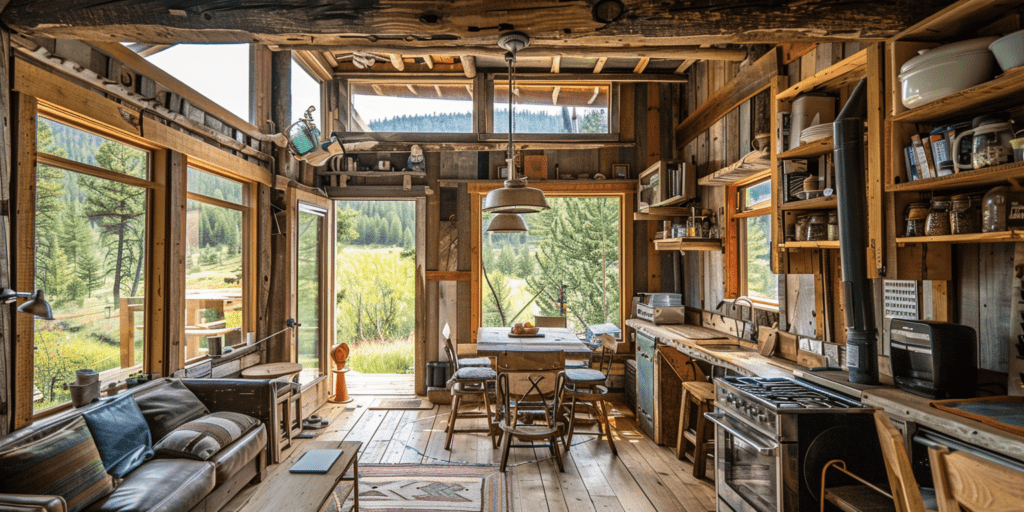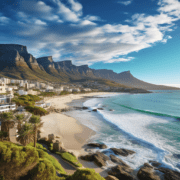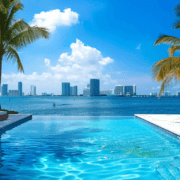In the vast expanses of Montana’s rugged terrain lies a lifestyle that’s as rugged and independent as the landscape itself: off-grid living. With its breathtaking natural beauty and abundant resources, Montana offers the perfect backdrop for those seeking to disconnect from the grid and forge their own path. Let’s delve into the allure of off-grid living in Montana and what it entails:
1. Sustainable Living:
Off-grid living in Montana epitomizes sustainable living practices. Residents harness the power of renewable energy sources such as solar panels, wind turbines, and hydroelectric systems to generate electricity. Additionally, rainwater harvesting and well water systems provide a sustainable water supply, while composting toilets and septic systems ensure responsible waste management.
2. Self-Sufficiency:
Off-grid living fosters self-sufficiency and resilience. Residents grow their own food in gardens and greenhouses, raise livestock for meat and dairy, and forage for wild edibles in the surrounding wilderness. By reducing reliance on external utilities and resources, off-grid enthusiasts embrace a lifestyle of independence and resourcefulness.
3. Remote Wilderness Retreats:
Montana’s vast wilderness offers ample opportunities for off-grid retreats and homesteads. Remote parcels of land nestled amidst forests, mountains, and rivers provide the perfect setting for off-grid cabins, yurts, and tiny homes. These secluded retreats offer tranquility, privacy, and a deep connection to nature, making them ideal for those seeking solace and serenity.


4. Environmental Conservation:
Off-grid living aligns with principles of environmental conservation and stewardship. By minimizing energy consumption and ecological footprint, off-grid residents tread lightly on the land and preserve Montana’s pristine natural habitats. Sustainable building practices, such as using locally sourced materials and passive solar design, further reduce environmental impact.
5. Challenges and Rewards:
While off-grid living offers numerous benefits, it also comes with its challenges. Harsh winters, rugged terrain, and logistical hurdles can test the resilience of off-grid residents. However, overcoming these challenges fosters a sense of accomplishment and strengthens the bond with the land. The rewards of living in harmony with nature far outweigh the hardships for those who embrace the off-grid lifestyle.
6. Community and Camaraderie:
Off-grid communities in Montana offer a sense of camaraderie and mutual support among like-minded individuals. Whether it’s sharing knowledge and skills, trading goods and services, or simply gathering for communal events, off-grid living fosters tight-knit communities bonded by a common ethos of self-reliance and environmental stewardship.
Conclusion:
Off-grid living in Montana beckons adventurous souls seeking a simpler, more sustainable way of life. From embracing self-sufficiency and environmental conservation to forging connections with nature and community, off-grid enthusiasts find fulfillment in the rugged beauty of Montana’s frontier.



